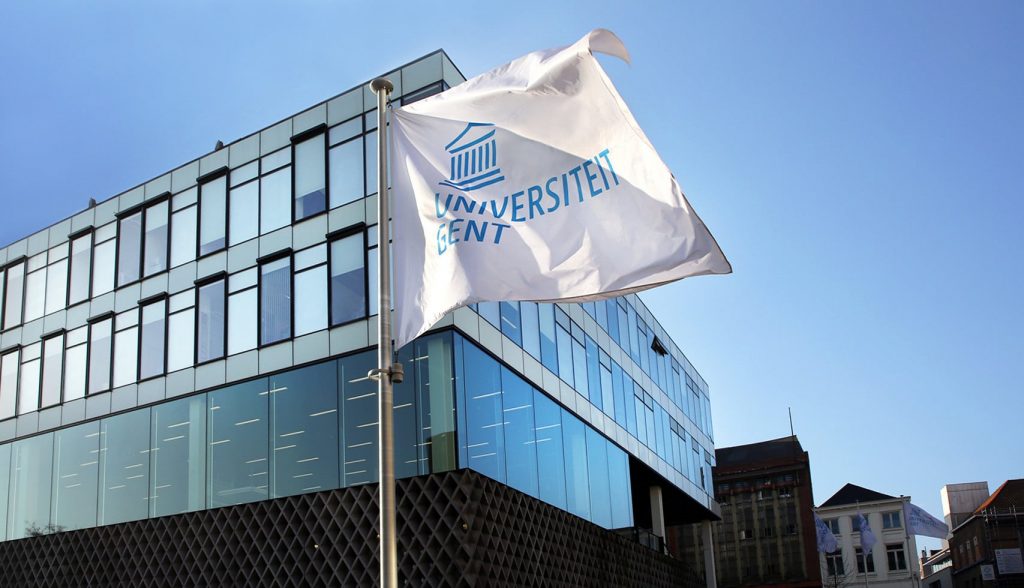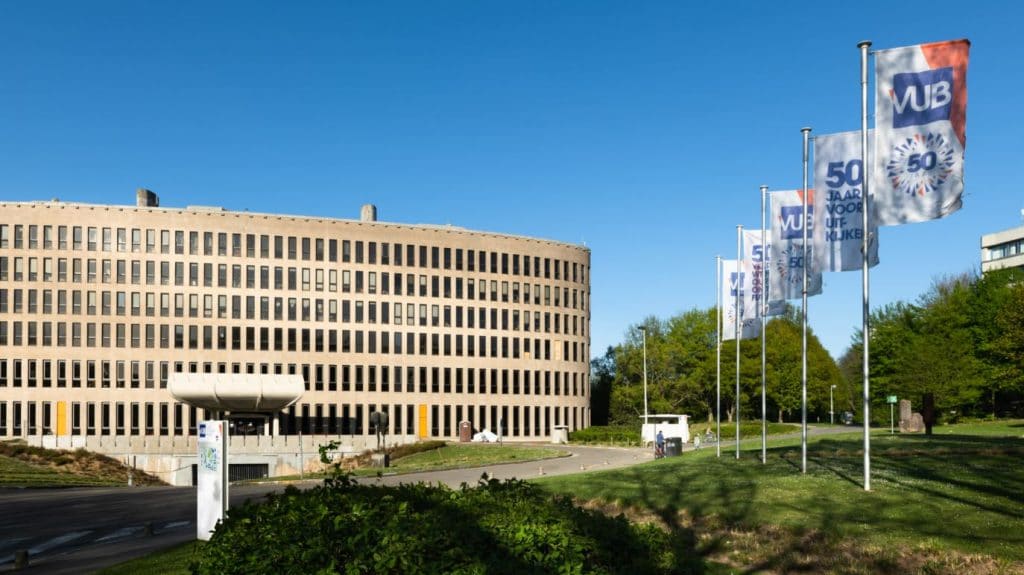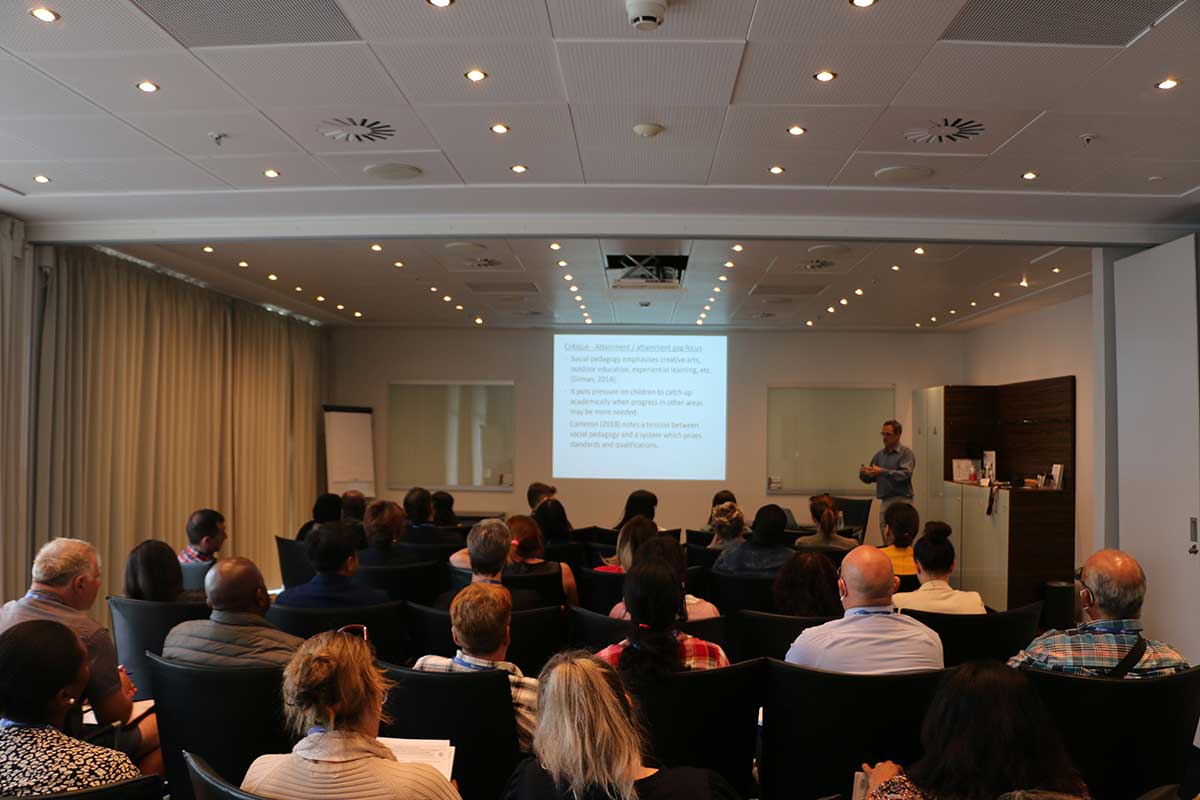Belgium, a country in Western Europe, is known for medieval towns, Renaissance architecture and as headquarters of the European Union and NATO. The country has distinctive regions including Dutch-speaking Flanders to the north, French-speaking Wallonia to the south and a German-speaking community to the east. The bilingual capital, Brussels, has ornate guildhalls at Grand-Place and elegant art-nouveau buildings. In this article we want to talk about best universities in Belgium and Belgium university rankings so read the entire article.
Top Belgium universities
1. KU Leuven
Founded in 1425, KU Leuven has been a centre of learning for almost six centuries. Today, it is Belgium’s highest-ranked university as well as one of the oldest and most renowned universities in Europe. As a leading European research university and co-founder of the League of European Research Universities (LERU), KU Leuven offers a wide variety of programmes in English. These programmes are supported by high-quality inter disciplinary research carried out at both the university and its internationally acclaimed hospitals. Boasting an outstanding central location in the heart of Europe, KU Leuven offers a truly international experience, high-quality education, world-class research, and cutting-edge innovation.
High-quality Education
Excellence in education and excellence in research go hand in hand. KU Leuven’s study programmes are research-based, which ensures that students acquire academic competences while also developing a critical and research-oriented attitude. Flexibility and state-of-the-art technology are integral to each study programme. A KU Leuven degree offers a significant competitive advantage and is highly valued around the world. The ECTS quality label guarantees that all credits obtained at KU Leuven are transparent and fully transferable.

2. Ghent University
Ghent University is a public research university and one of the most prestigious universities in Belgium, currently ranked within the top 150 of the QS World University Rankings. Founded in 1817 with Latin as the language of instruction, Ghent University is today one of the largest universities in Flanders, with a student body of 41,000, including more than 4,150 international students. The language of instruction at Ghent University is primarily Dutch, but the university does offer some postgraduate courses taught in English.
Ghent University considers itself a pluralist university, meaning it’s not connected to any particular religion/ideology and is open to all students regardless of their background. It also has an international perspective, welcoming many international students and employees and taking part in the Erasmus exchange program.

3. Université catholique de Louvain (UCLouvain)
UCLouvain : a window open to the worldSince its foundation in 1425, “openness to the world” has been at the core of the UCLouvain’s missions in teaching and research. This means today:high percentage of international students at UCLouvain : on fifth of our students come from the five continents representing more than 120 nationalities; many students exchanges, teachers and researchers through European networks (Erasmus programmes) and International networks (Erasmus Mundus, CEMS, TIME, Cluster, etc.), one fourth of UCLouvain graduate students benefit from an experience abroad and UCLouvain welcome as many students through our partnerships; A volontarist politic of partnerships with Higher Education Institutions from the South AND from more developed countries; An active participation in many networks in Teaching (CUD, Coimbra, AUF, CINDA, FUCE, FIUC, etc.) as well as in Research (6th European framework, etc.).The International action of UCLouvain works because of the participation of all members of the university, dynamically coordinated by the Council of the International relations (CRI) with the support of its administration (ADRI ) under the responsability of the Prorector of the International Relations.

4. Vrije Universiteit Brussel (VUB)
Vrije Universiteit Brussel (VUB), a dynamic, modern, public university with four campuses in the Brussels-Capital Region, is an ideal partner for prestigious international research and education with a European and global perspective. Ranked #189 in the world, VUB offers high quality English-taught Bachelor, Master, PhD and certificate programs at reasonable tuition fees. All fields of study are represented, meaning that students can gain a view extending above and beyond their own discipline. Courses are taught by eminent academics and business professionals, operating an open-door policy for students. With more than 150 internationally recognised research teams, VUB prepares students in many disciplines of fundamental and applied research. Thanks to the creation of more than 25 spin-offs in various domains, VUB plays a prominent role in attracting and instigating new economic activity on and around its campuses. VUB counts over 16,000 students, 21% of which are international, representing about 130 different nationalities.

5. University of Antwerp
The University of Antwerp is a publicly funded and fully accredited Belgian university. It is characterised by its high standards in education, internationally competitive research and entrepreneurial approach. It was founded in 2003 after the merger of three smaller universities.
The university has nine faculties: (1) Applied Economics (2) Arts (3) Law (4) Medicine and Health Sciences (5) Pharmaceutical, Biomedical and Veterinary Sciences (6) Social Sciences (7) Science (8) Design Sciences (9) Applied Engineering. Doctoral programmes are available in all faculties, with more than 1,700 PhD students registered.
In nine domains our research is among the best in the world: Drug Discovery and Development; Ecology and Sustainable Development; Harbour, Transport and Logistics; Imaging; Infectious Diseases; Materials Characterisation; Neurosciences; Socio-economic Policy and Organisation; Urban History and Contemporary Urban Policy.
The University of Antwerp has about 20,000 fee-paying students. About 3,800 of these students are from foreign countries. Education is student-centred and competence-based. Students are stimulated to develop into independently minded people who are capable of thinking analytically. In line with the Bologna process, the University of Antwerp has adopted the Bachelor-Master structure. It offers 3-year Bachelor programmes (180 ECTS credits) and 1-year or 2-year Master programmes (60 or 120 ECTS credits).













0 Comments